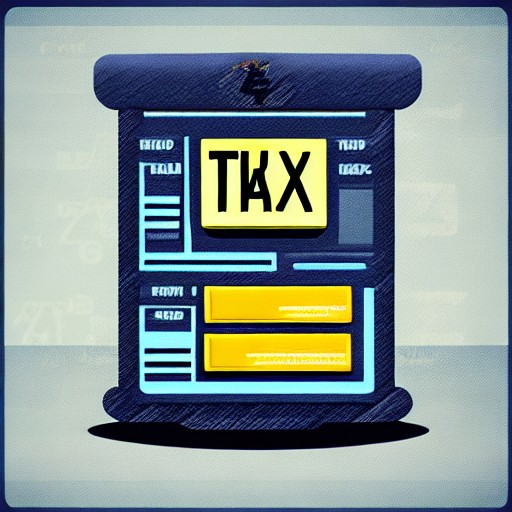Introduction
Cryptocurrency investment has become increasingly popular in recent years, with many investors seeking to capitalize on the potential gains offered by this new asset class. However, one aspect of cryptocurrency investment that is often overlooked is the impact of taxes. In this post, we will explore how taxes can affect your cryptocurrency investment and what you can do to minimize their impact.

Taxation of Cryptocurrency
The taxation of cryptocurrency can be complex and confusing, as it is not yet fully regulated by most governments. In general, the IRS treats cryptocurrency as property for tax purposes, meaning that it is subject to capital gains tax when sold or exchanged. This means that if you make a profit on your cryptocurrency investment, you will owe taxes on that profit.

Minimizing Tax Impact
There are several strategies you can use to minimize the impact of taxes on your cryptocurrency investment. One strategy is to hold your cryptocurrency for at least one year before selling or exchanging it. This will qualify you for long-term capital gains tax rates, which are lower than short-term rates.

Reporting Cryptocurrency Transactions
It is important to keep accurate records of your cryptocurrency transactions, including the date, amount, and purpose of each transaction. You will need to report these transactions on your tax return, and failure to do so could result in penalties and fines.

Consulting a Tax Professional
If you are uncertain about how taxes may affect your cryptocurrency investment, it may be wise to consult a tax professional. They can provide guidance on the tax implications of your investment and help you develop a strategy for minimizing its impact.

Conclusion
Taxes can have a significant impact on your cryptocurrency investment, but with proper planning and strategy, you can minimize their impact. It is important to stay informed about the tax implications of your investment and to consult a tax professional if you are unsure. By taking these steps, you can maximize your returns and minimize your tax liability.